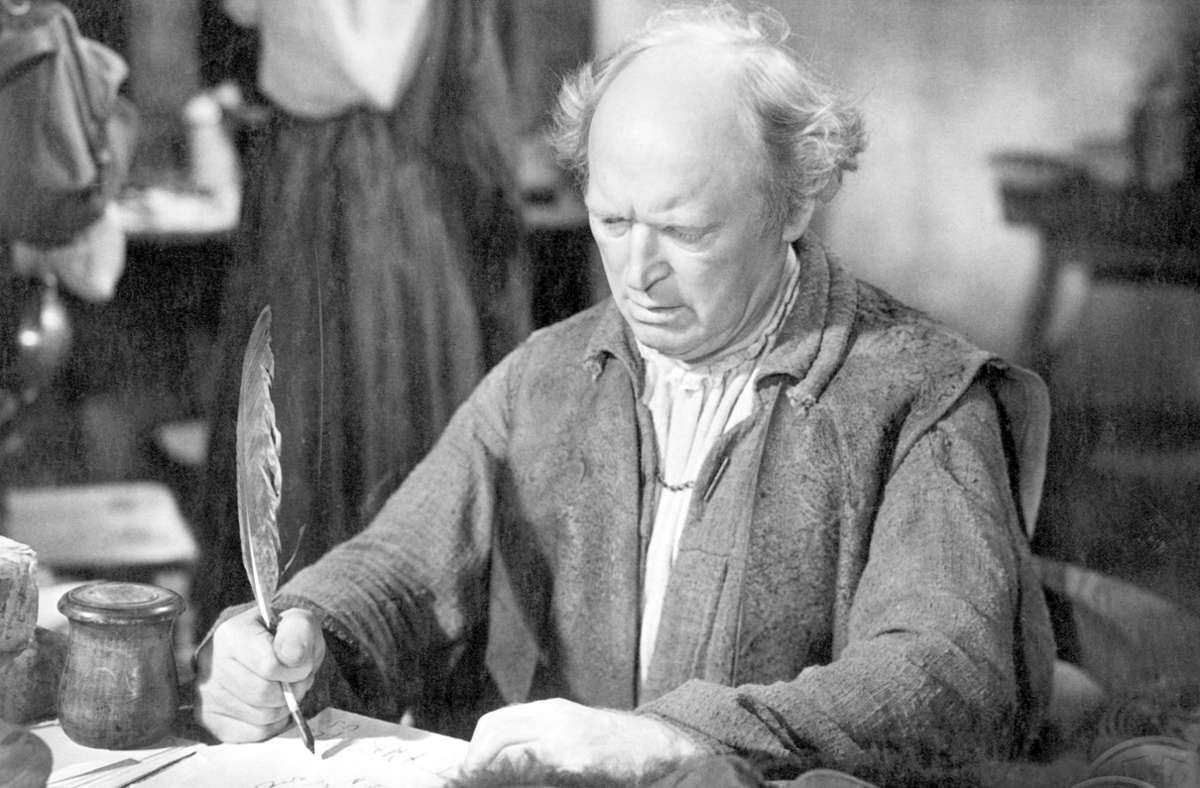The Director
by Daniel Kehlmann
Published 2023 352 pages
The Director is a series of fictionalised vignettes from the life of Austrian G. W. Pabst, a film director from like the 1920s to the 1940s or so. By the time it begins Pabst is already a big-shot, fresh off films with Greta Garbo and Louise Brooks; but he's also an out-of-place emigré fleeing the rise of the Nazis in the 1930s. In Hollywood, he's frustrated by his work with Warner Brothers, by the restrictions placed on his artistic vision and an apparent lack of respect from his American producers. We pick up with him and with his family at intervals throughout the 1930s; late in the decade he returns home to attend to his (fraudulently) ill mother, and gets trapped in the country by the Nazi regime.
Much of the main part of the novel is concerned with the lengths to which apparently normal people will go to collaborate with the Nazis when even the merest of their freedoms is threatened. Pabst is portrayed as ineffective and sort of weak-willed,: he neglects to learn English while living in the States and therefore can't understand his producers, nor be understood himself; back in Austria he immediately starts being bullied by his housekeepers, whose thick dialect he also struggles to understand. He seems comfortable only on set, to which, back in Austria, he returns with some acclaim — and with the blessing and support of the Reich Ministry of Public Enlightenment and Propaganda. In an amusing but tense scene between Pabst and Goebbels But, he tells anyone who will listen, he's not a collaborator.
This comes to a bit of a head during the filming of his third and last film under the aegis of the Reich Ministry, during which he stretches (and outright snaps) the illusion that he's not a collaborator. The film, The Molander Case, is finished just as the Russians advance through Prague, and is subsequently lost in Pabst & his assistant's escape from the city.
Pabst spends the rest of his career disconsolate at the loss of a masterpiece for which he compromised his values — if, indeed, he had values to compromise in the first place, which the book sort of implies he doesn't? The last few chapters sort of wrap things up in a very tidy way, which The Complete Review wasn't a fan of but which didn't bother me.
I enjoyed the structure — individual vignettes separated by years, rather than a continuous flow of action — and Kehlmann is an expert at building a scene. The characters felt real and the tension of living under the Nazis pervaded. I don't know why I never really considered it before: the Nazis seemed to have as tight a grip on the people of Germany as the CPSU had on the people of the Soviet Union. I guess totalitarianism looks pretty much the same no matter what language you speak!
👀
Next
A couple of fun collaborative mapping experiments on the Internet. Who says that it's all just political misinformation out there?